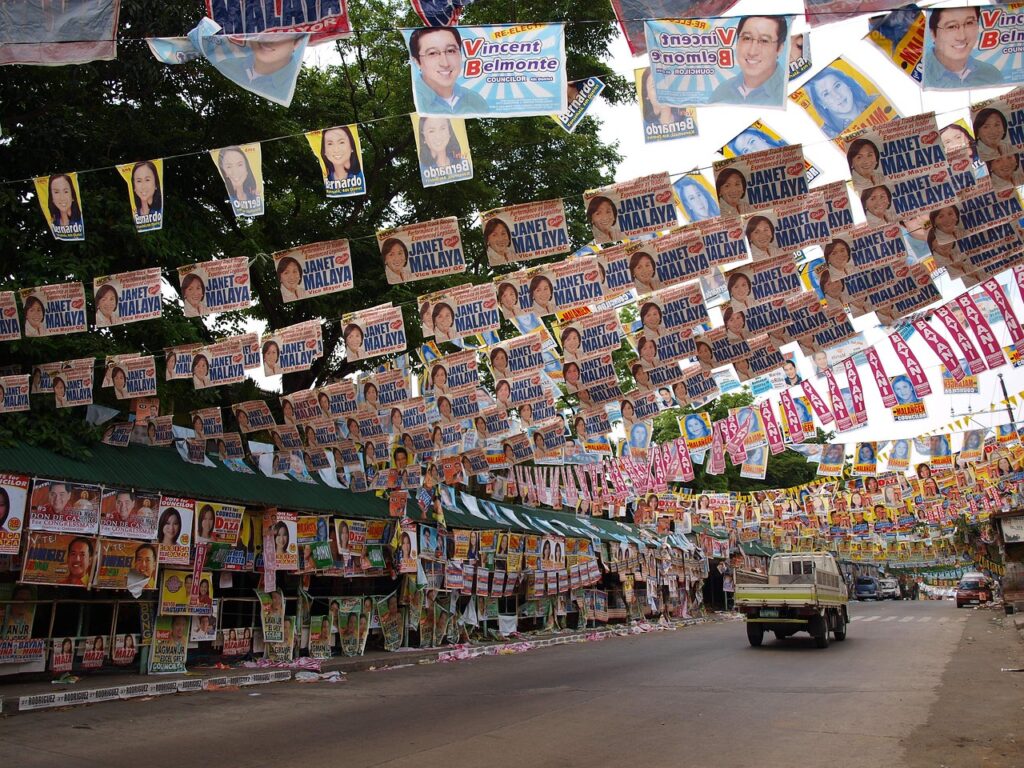Post-Election Impact: Prospects of Gambling in India
The online gambling market in India will reach a record-high worth of 2.90 billion USD any moment now. This industry is becoming increasingly popular due to microeconomic and macroeconomic trends, internet penetration, accessibility of online gambling platforms, and attractiveness of betting options and games. Although it has constantly grown in previous years, we are witnessing a market boost due to elections and the rise of so-called election-related betting. As such, we are here to explore how the Indian elections are connected to gambling, and what are key issues with public policies regulating online gambling in this most populous country in the world.
The Popularity of Online Gambling in India
India’s online gambling market has grown significantly in recent years. This is a result of several major factors influencing this industry worldwide. Firstly, the rise of modern technologies and the increased availability of smartphones, internet penetration, and online payment methods have allowed easier online gambling access. On the other hand, when you look at the gambling sites in the region, they are becoming more and more popular and available to all generations, especially youngsters, even though there are some legal restrictions that we will discuss later. Thirdly, and most importantly, the games are becoming more attractive and tempting as they offer the possibility to earn real money.
To this, it should be added that gambling in India is becoming more and more accepted and favored due to the rise in popularity of sports betting, especially in cricket, football, and kabaddi. Here the range of betting options is the biggest, odds are often competitive and the possibility of winning seems bigger than in other games and types of online gambling. All of this, combined with other microeconomic and macroeconomic trends and local specificities, resulted in the projection that the online gambling market in India will reach US$ 2.90 billion in 2024, with a forecasted revenue growth rate of 6 percent.
Indian General Elections
The biggest election the world has ever seen – this is the best description of Indian elections in a nutshell. The voting is being held over six weeks, on seven polling days – from April 19 to June 1, and the results will be announced three days following the last polling day, on June 4th. More than 969 million inhabitants have active voting rights, meaning they are Indian citizens older than 18 years and registered in the electoral register. If you are old enough to pay and take care of taxes, you are old enough to participate in the electoral process. India has an interesting solution for around 14 million citizens in the diaspora: they can vote, but only if they register in the electoral registry and if they physically do it in India.
The elections for the Lok Sabha (the House of the People, or the lower house of India’s Parliament) are held once every 5 years and represent one of the most significant global events. They are the most expensive elections as well, with the costs of the campaign and other electoral costs projected to be 14 billion USD, which is two times more than in the 2019 general elections. However, the global importance of Indian elections arises from close connections with the United States and the efforts of the US administration to counter China’s growing influence in both economy and geopolitics, for which India is of utmost importance. These connections are strengthened with record-high trading numbers – trade between these two countries reached more than 191 billion USD in 2022.
Online Gambling Policies in India
India’s gambling market is already well-established, but it experienced a significant boost during the election campaign and elections for the Lok Sabha. This is due to a type of betting called election-related betting, where players have access to a wide range of betting options linked to the ongoing elections. Competitors can bet on the outcome of voting in each Indian state, the results of single candidates or parties, the percentage of votes, and more. Many highly specific bets are especially tempting and attractive to those familiar with electoral activities and campaigns, but the numbers show that election-related betting is becoming more and more popular in general.
These election-related online games are illegal in India because the platforms providing them are registered outside of India, which allows them to bypass Indian regulations and laws. However, the misuse of the rules is common in India as there is a huge gap in the gambling industry regulatory framework. Namely, the central legislation piece regulating this issue is the Public Gambling Act of 1867 (PGA), which prohibits gambling and the keeping of gaming houses, but it doesn’t mention online gambling directly anyhow. This led to online gambling falling into the gray area, which is even more complex as each state has the right to regulate this independently.
Currently, only several states in India regulate online gambling directly (legalizing some forms of gambling), while the others still heavily rely on the Public Gambling Act. Due to a high demand for gambling services in the last several years, the issue of regulating and unifying the framework of online betting in India has often come to the fore. The intention to replace the PGA was announced firstly in 2022 by the Government, while a year later new rules to regulate online gambling were issued. Information Technology Rules were finally amended in April 2023, clarifying the terms of online games and online real money games. Self-regulatory bodies were developed to monitor the sector and oversee the implementation of the regulations.
Conclusion
It takes years before it can be assessed and evaluated whether the Government’s acts from 2022 and 2023 will influence the online gambling industry and how. This is especially important as the industry is extremely big and well-developed, and the regulations are fresh, new, and ambitious. The period of the election campaign and the time needed to form the new governing structures will slow down the process a bit, but it is undeniably important to continue with the efforts of regulating online gambling in India effectively and transparently. Unification of regulations and setting clear rules will protect consumers from fraud, give them more safety, and ensure transparency and fairness of the games.






